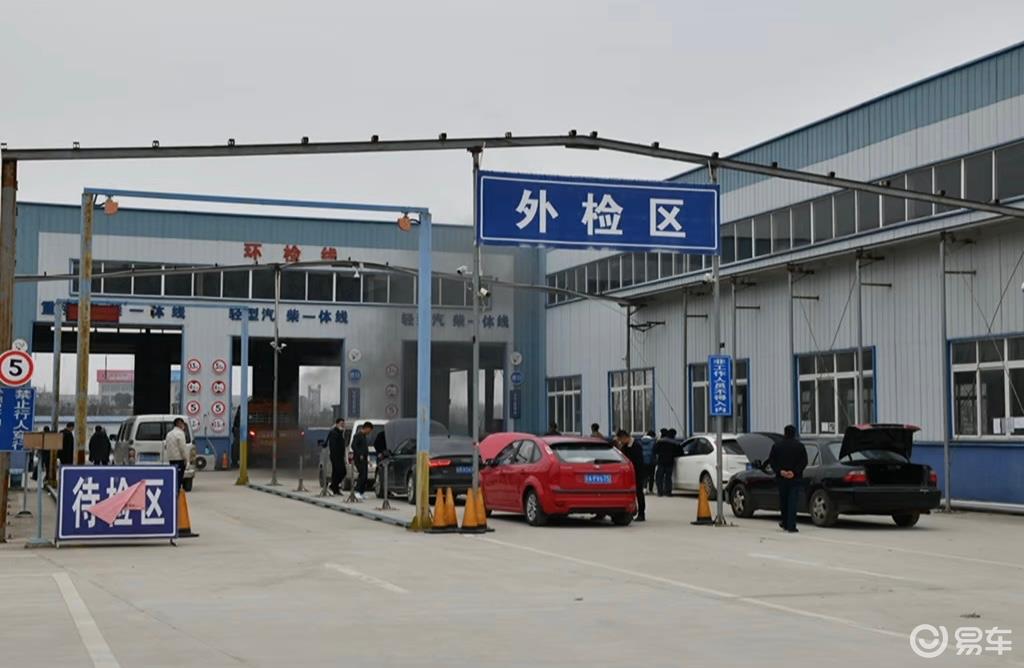 The "OBD test" has been implemented for five years in the annual inspection of vehicles, and it has recently become a hot topic.
The "OBD test" has been implemented for five years in the annual inspection of vehicles, and it has recently become a hot topic.
Why can the old topic set off a new round of discussion? This may be related to CCTV’s recent report on "OBD cheaters" and the new annual inspection regulations for new energy vehicles implemented in March 2025. Car owners’ aversion to "violent annual inspection", concerns about "stricter annual inspection" and various complex emotions are intertwined, and "OBD detection" seems to be an outlet. Moreover, the number of cars in China has reached 350 million at present, and the annual inspection of cars is related to hundreds of millions of people, so it is reasonable that any trouble can cause extensive discussion.
Rumors also appeared. For example, "2024 car inspection is the most stringent car inspection in history", "If the radio is not normal, it will not pass the annual inspection", "If the OBD test fails, it must be repaired at the designated M station", and so on, even to the extent of talking about the color change of "OBD".
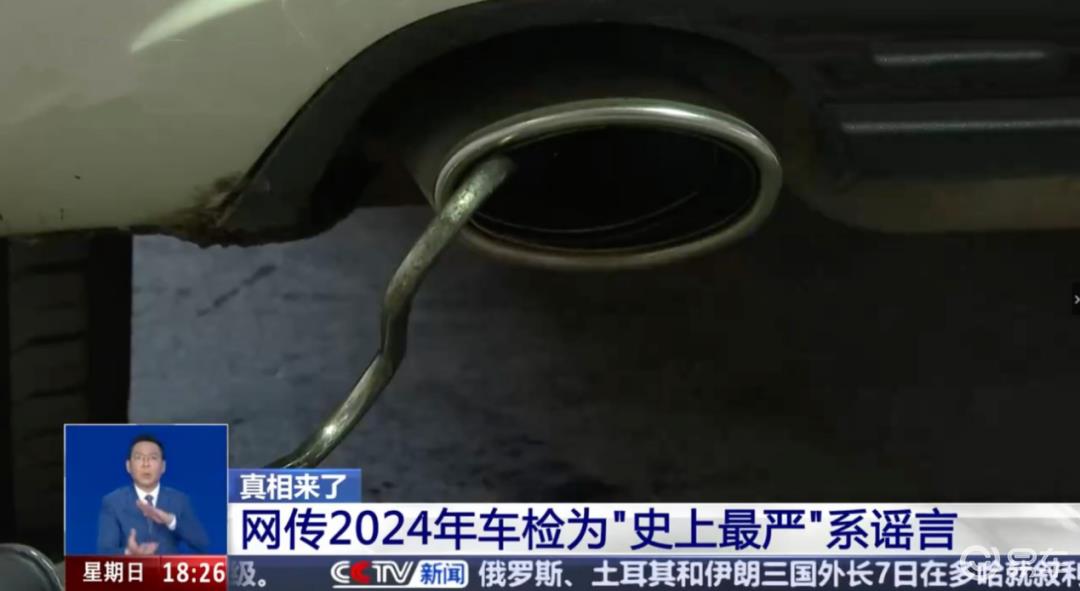
?On the evening of December 8, CCTV’s "Common Concern" column personally came out to "put out the fire".What is OBD testing? Are car owners overly anxious about OBD testing? Three OBD tests, but the vehicle will be scrapped?In response to a series of questions, this issue of "Inquiring into the Root" answers.
Question 1: What are OBD and OBD detection respectively?
Brother Yi:OBD is the abbreviation of English On-Board Diagnostics, and Chinese translation is "on-board automatic diagnosis system". OBD can be understood as an effective monitoring system for exhaust emission control devices, which will remind vehicle owners to repair as soon as possible when there is an emission failure. Maintenance personnel can also read the fault code with the help of OBD system, and quickly and accurately determine the nature and location of the fault.
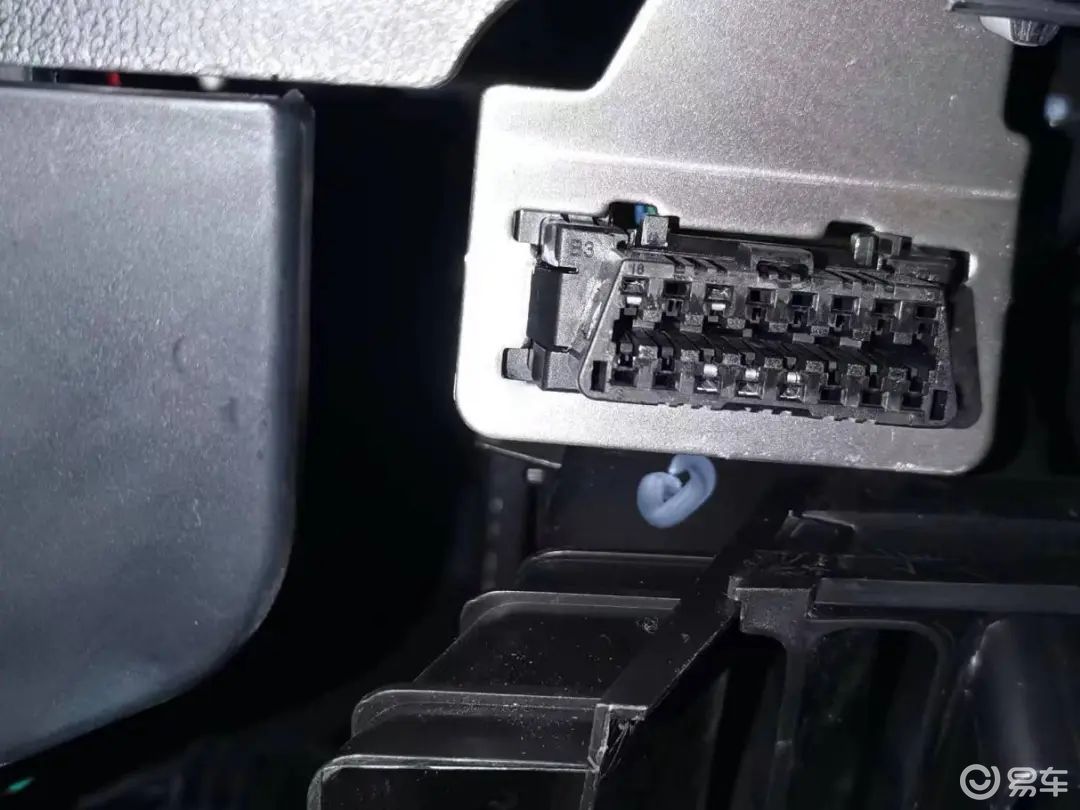
OBD is a mature technology, and private cars were equipped with this system more than ten years ago. Since July 2009, all newly produced and sold gasoline vehicles under 2.5 tons in China have been equipped with OBD system. Since 2011, other vehicles have been fully equipped with OBD system.
As for OBD detection, it is a detection item in the annual inspection of vehicles. There are three key inspection items in vehicle annual inspection: appearance inspection, OBD inspection and emission inspection. Among them, OBD inspection is to detect whether there are related faults affecting emission control through OBD diagnostic instrument. Only after all three items are qualified can they pass the annual inspection.
Question 2: Did 2:OBD testing begin in 2024? Abnormal parts such as radio will cause OBD test to fail?
Brother Yi:OBD testing is not a new annual inspection item in 2024. As early as 2019, OBD testing has been implemented.
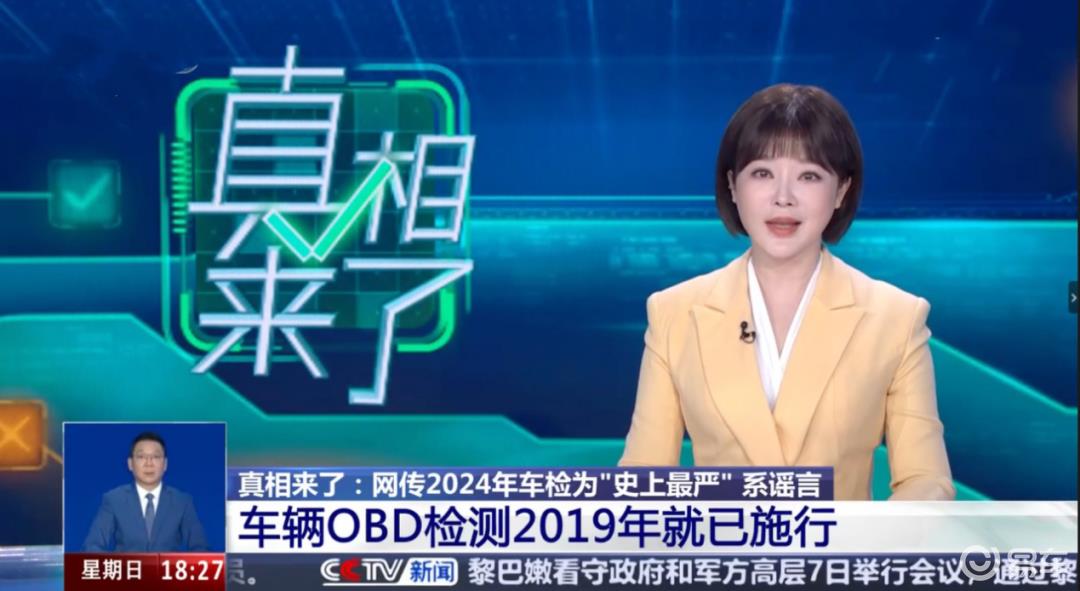
It is a rumor that "the radio is not normal and can’t pass the annual inspection". Radio, air conditioner, fan, etc. are not within the OBD detection range.
Liu Jia, director of the Supervision Office of the Motor Vehicle Emission Monitoring Center of china environmental science Research Institute, said in an interview that,OBD only monitors emission-related parts, radios, air conditioners, etc. will not cause OBD alarm, and car owners do not have to worry that the OBD test will fail.
Question 3: If the OBD test fails three times, the vehicle will be scrapped?
Brother Yi:If the OBD test is unqualified, the vehicle can be repaired and treated first, and then come back for re-inspection. After the re-inspection passes the OBD test, the annual inspection can also be successfully completed.There is no saying that OBD is forced to be eliminated after three times of unqualified detection.
At present, according to the regulations on compulsory scrapping of motor vehicles, after the expiration of the validity period of inspection, if the motor vehicle inspection mark has not been obtained within three consecutive motor vehicle inspection cycles, it should be compulsory scrapping. What we are talking about here is three consecutive inspection cycles, not three consecutive vehicle inspections as mentioned in the concept of online stealing.
For different types of vehicles and different service life, the inspection period is also different. For example, newly purchased passenger cars are exempt from inspection within six years, and then tested once in the eighth and tenth years. At this time, three inspection cycles refer to "ten years". After ten years of age, the inspection cycle is once a year, and three inspection cycles refer to "three years".
Moreover, before the mandatory scrapping of vehicles, there is no document limiting the number of vehicle maintenance and re-inspection. Vehicles that fail to pass the annual inspection can be repaired and then "cleared".
Car owners don’t have to worry too much about the pass rate of OBD detection. According to the data from the Motor Vehicle Emission Monitoring Center of china environmental science Research Institute, the on-line pass rate of OBD of fuel vehicles is still above 90%, which means that most fuel vehicles can pass the inspection.The main reason is that some vehicles with too long service life and faulty pollution control devices may fail to pass the OBD test.
Question 4: What is the M station responsible for maintenance?
Brother Yi:China’s automobile management system draws lessons from the "I/M" system of developed countries in the world. I refers to the abbreviation of "testing" in English; M stands for "maintenance" in English. Vehicles whose emissions are not up to standard should be repaired by force, but the owners are not forced to go to the designated "M station" or other repair units for maintenance.
In addition, the 4S shop can also complete the repair work, as long as the fault code is eliminated, it can also be re-examined.
Question 5: Why did "OBD detection" cause a wide discussion at this time node?
Brother Yi:This may be a difficult puzzle about the source of a series of rumors about "OBD detection". However, the development of the whole incident seems to have traces to follow.
Recently, OBD detection was mentioned earlier, on November 24th and 25th. CCTV’s "24 Hours" and "Chao Wen Tian Xia" columns reported the cheating shady in OBD detection. Some annual inspection agencies use OBD cheaters and other tools to make motor vehicles with substandard emissions "pass with one button". Relevant institutions have dealt with some cheating institutions according to law.
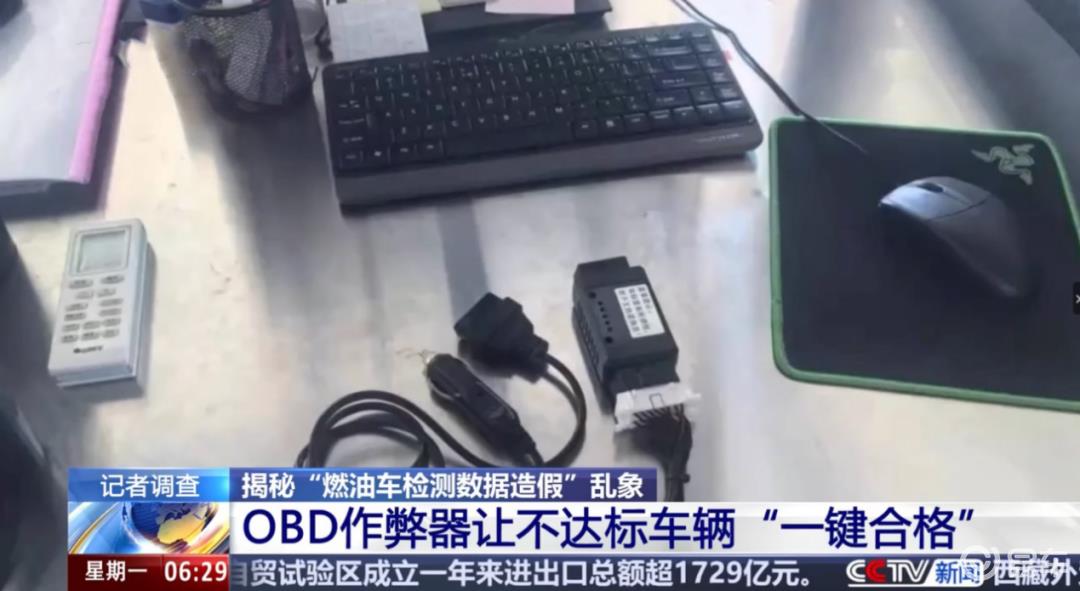
This may lead to further resistance to OBD detection. Some car owners who cheat in the annual inspection will probably worry that their vehicles will not pass the customs under the stricter annual inspection. Even car owners who can successfully pass the annual inspection according to the regulations may have similar concerns.
In addition, it should be noted that many consumers are quite critical of the time-consuming, laborious and expensive annual inspection. Events such as "scalping" and "OBD cheater" also overdraw some trust, and car owners are unaware of the "opacity" of the annual inspection. Coupled with the help of some media, the negative emotions of car owners may be further amplified.
After noticing all kinds of rumors, CCTV responded quickly, dispelling rumors through reporters’ on-the-spot visits and expert explanations. This is conducive to blocking the further spread of rumors.
Question 6: What are the new annual inspection regulations implemented in March 2025? Is it related to OBD detection?
Brother Yi:In addition to the mention of "OBD cheating" in CCTV reports, this "OBD detection" has caused heated discussion, which may also be related to the "new annual inspection regulations" and "cancellation of violent vehicle inspection" transmitted by the Internet.
The "new annual inspection regulations" transmitted online should refer to the "new energy vehicle operation safety performance inspection regulations" which will be implemented on March 1 next year. In fact, the new regulation is a safety inspection standard for new energy vehicles, which is applicable to pure electric vehicles and plug-in hybrid (including extended range) vehicles, and the inspection of three electric (battery, motor and electronic control) systems is added. This means that the annual inspection of automobiles will bid farewell to the "mixed inspection of oil and electricity".
The new regulation does not involve traditional fuel vehicles, nor does it mention that "OBD detection" will change.In the field of fuel vehicles, there is no new annual inspection regulation coming soon. As for the "cancellation of the annual inspection of violence", it should be an old news.